

Our two-day retreat into the world of seeds was a fantastic success! Our virtual gathering on March 1-2, 2024, featured discussions, presentations and opportunities to connect with others about soil, human and planetary health.
Ticket holders and members get access to the full archive of videos from each session of the event. Email us at comms@slowfoodusa.org if you need access.
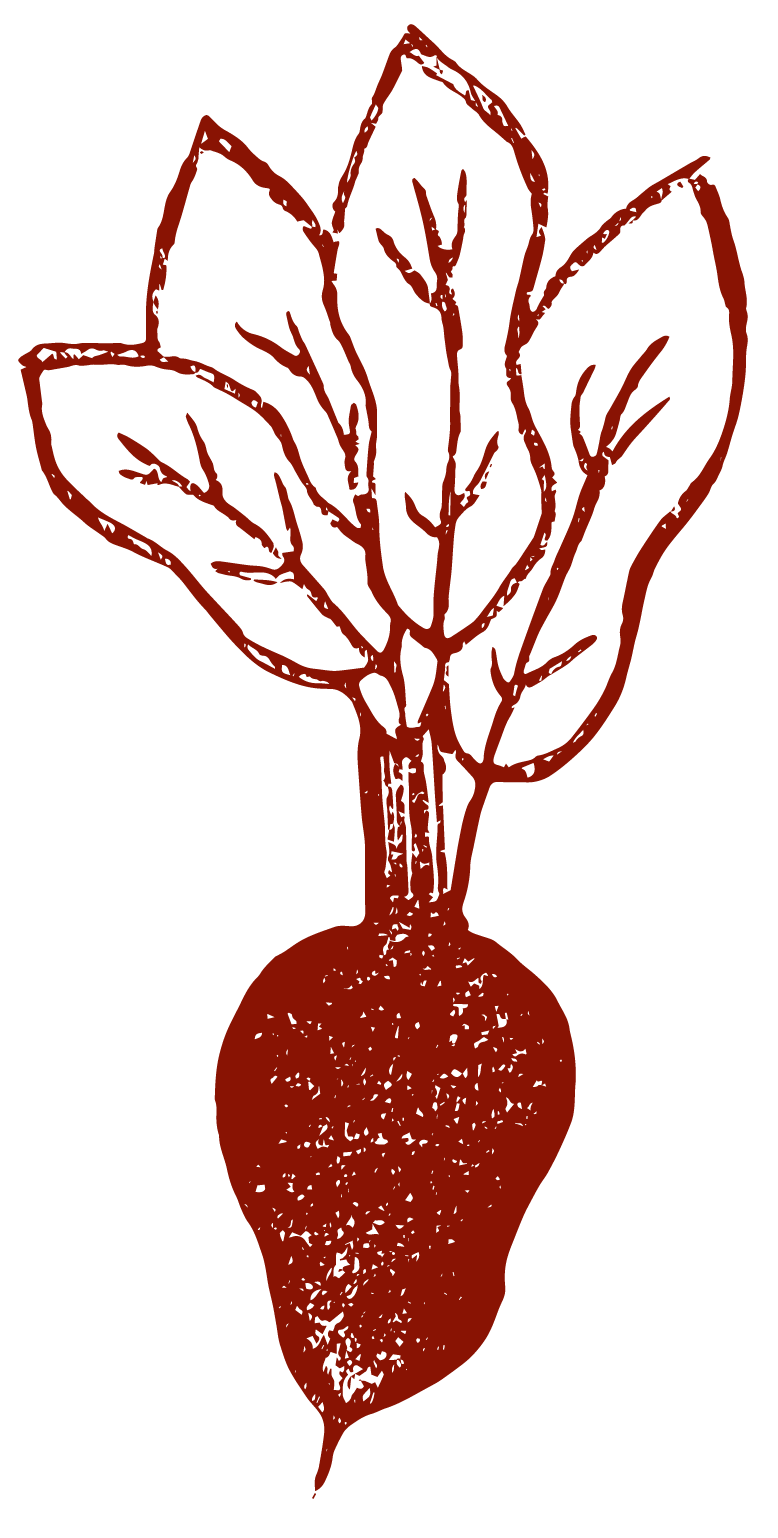


SCHEDULE
Friday, March 1
12 p.m. ET: Welcome to the 2024 Seed Summit
Slow Food USA Executive Director Anna Mulè
12:15 p.m. ET: Slow Seed Declaration: Where we stand on seeds
Featuring Melissa de Billot and Jeff Quattrone
12:30 p.m. ET: Keynote address: Seeding the Radical Imagination for Whole Systems Health
Rupa Marya
2:30 p.m. ET: Wheat: From heirloom to commodity to gut
Featuring Heather Darby, Elaine Ingham and Eleana Hsu
Moderated by: Amber Lambke
Grains have been commercially dominated by wheat, but so many other grain crops are available and provide an important alternative to gluten. The herbicide glyphosate is used extensively in wheat production to hasten ripening as well as to keep weed pressure at bay. However, researchers are increasingly finding links between gluten intolerance and glyphosate exposure. Let’s talk about wheats and grains that you can plant – their link to our soil health, human health and planetary health.







Saturday, March 2
12 p.m. ET: Sugar: Soil, bodies and land on the line
Featuring Chris Keeve, Denisa Livingston and Noa Kekuewa Lincoln
Moderated by Alexina Cather
Did you know that 55% of domestically produced granulated sugar comes from sugar beets? 45% comes from sugarcane. We’ll dive into how that came to be, meet sugar growers, seed savers and learn about the connection between fiber and sugar and the implications for our soils, our health, our planet.
2 p.m. ET: Corn: The future is our heritage
Featuring Lorraine Kahneratokwas Gray, Angel Jimerson, Gustavo Romero Veytia
and Dave Smoke-McCluskey
Moderated by Bilal Sarwari
Corn is the iconic crop of the United States, but getting knee high by the fourth of July means that you need fast-growing hybridized crops to meet consumer demand. Much of our corn crop has moved into ethanol production for fuel, high fructose corn syrup and alcohol. Corn is native to North America and activists and seed growers are uplifting heirloom corn varieties to reconnect eaters with this important food relative. Learn the impact that making corn a commodity has had on our soils, our health and our planet.
4 p.m. ET: Screening: Common Ground
Followed by Q-and-A with Lyla June Johnston, artist and scholar featured in the film
SPEAKERS
MEET OUR PRESENTERS AND MODERATORS
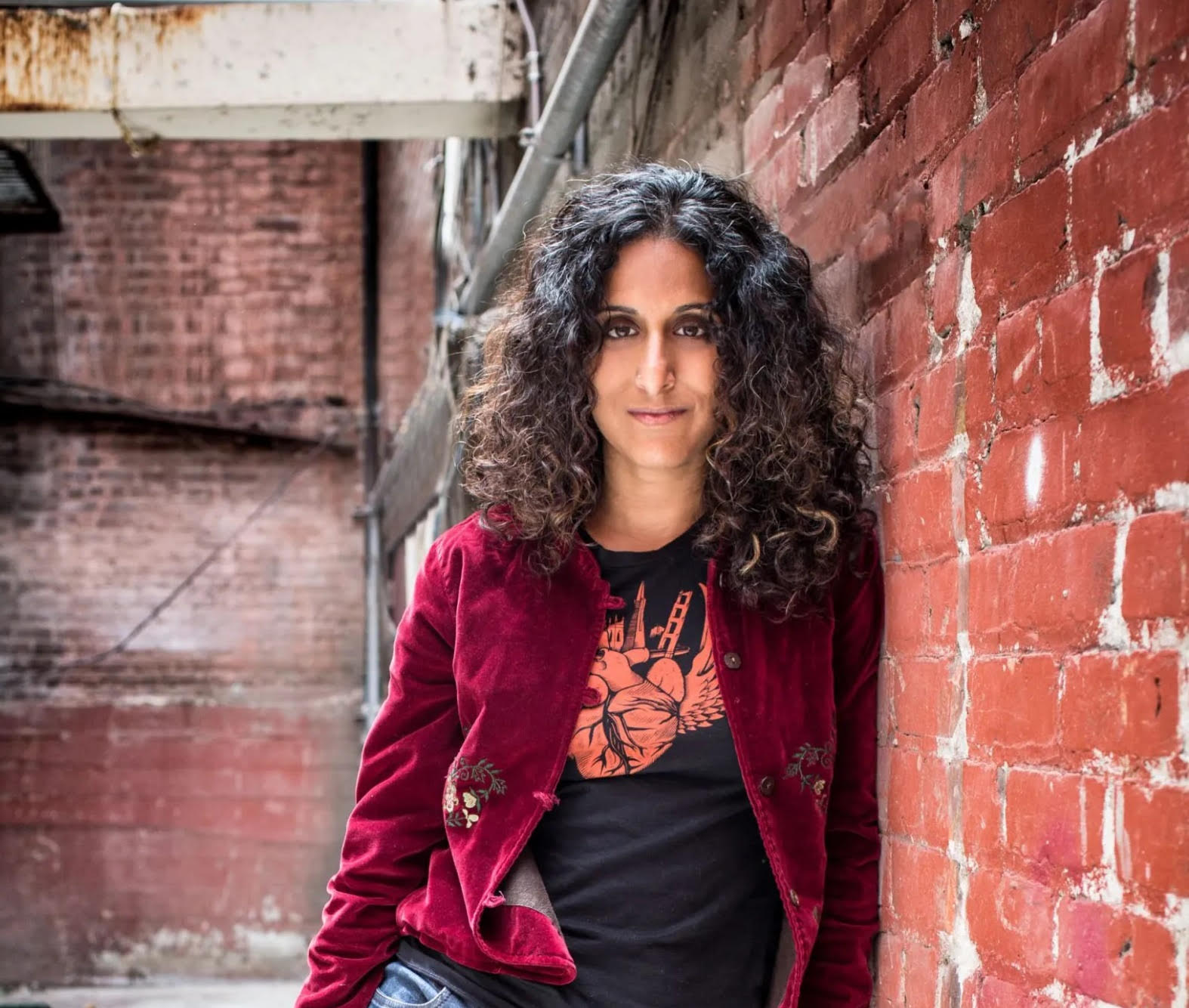

Rupa Marya
Keynote speaker
Rupa Marya is a physician, activist, artist and writer who is an Professor of Medicine at the University of California, San Francisco and the founder and executive director of the Deep Medicine Circle, an organization committed to healing the wounds of colonialism through food, medicine, story, learning and restoration.
In 2021, she published her first book with political ecologist, food system activist and policy professor Raj Patel, Inflamed: Deep Medicine and the Anatomy of Injustice. This book advances a new level of diagnosis that incorporates history and lines of power into our understanding of the root causes of health disparities and the rise of inflammatory disease in industrialized places, offering compelling treatment options for what is ailing people and the planet.
Rupa was a speaker at the 2022 Terra Madre Salone del Gusto and joins the Slow Seed Summit as keynote speaker.
Alexina Cather


For six years she was the Deputy Director at the Hunter College NYC Food Policy Center where she worked to develop innovative, evidence-based solutions to prevent diet-related diseases and protect food security. Throughout her career she has worked closely with policy makers, community organizations, advocates and the public to increase access to more nutritious foods and to create healthier, more sustainable food environments.
Alexina currently serves on the advisory boards of the NYC Healthy School Food Alliance, the Hunter College NYC Food Policy Center, the Weill Cornell Community Advisory Board and is a Steering Committee Member and Co-Chair of the Healthy Eating and Active Living Action Team at the New York State Cancer Consortium. She graduated from UC Berkeley with a degree in Integrative Biology and holds a Master of Public Health from the University of San Francisco. Alexina was the Lead Co-Chair for New York City Mayor-Elect Eric Adams’ food policy transition team.
Her passion for connecting all people and especially children with real, healthy food is inspired and powered daily by her three sons. Prior to her career in food systems, she was a semi-professional soccer player in the Women’s Premier Soccer League and worked in as a science teacher in a school program at a children’s hospital.
Melissa de Billot
Heather Darby
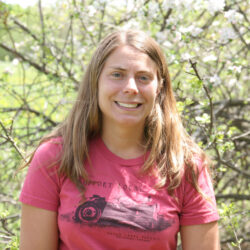

Lorraine Gray
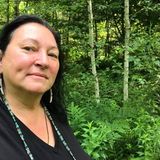

Gray is now living in New Mexico, and is the Executive Director for the Four Bridges Traveling Permaculture Institute. She manages programs on the farm, across Turtle Island, and in various parts of the world. She is an activist in women’s rights and environmental issues working with Winona LaDuke, the late Percy Schmeiser, Debra Harry, Paul Stamets, Oscar Olivera, Dr. Vandana Shiva, Jefferey Smith, and others, and spent time at Standing Rock fighting the advances of the pipeline construction.
Eleana Hsu
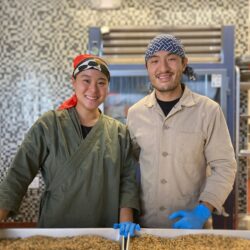

Elaine Ingham


Dr. Elaine’s™ Soil Food Web Approach has been used to successfully restore the ecological functions of soils on more than five million acres of farmland all over the world. The courses offered by Dr. Elaine’s™ Soil Food Web School have been designed for people with, or without, a science background — making them accessible to individuals who wish to learn and to begin a meaningful and impactful career in an area that will help to secure the survival of humans and other species.
Angel Jimerson


Lyla June Johnston
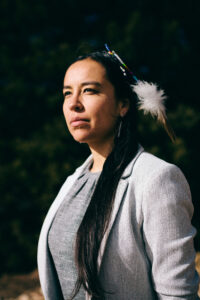

Christian Keeve


Amber Lambke


Noa Kekuewa Lincoln


Denisa Livingston


Dave Smoke McCluskey
Jeff Quattrone


Gustavo Romero Veytia
Bilal Sarwari
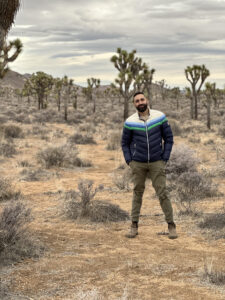

Bilal Sarwari is the proud first-generation child of Afghan refugees and is equally proud to claim Atlanta, Georgia as birthplace (Piedmont Hospital for the record). He is a graduate of Oxford College in Oxford, Georgia and Emory University. Bilal strives to center joy and justice in his professional, personal, and volunteer work. He is a group facilitator and equity, justice, and inclusion consultant that works with the U.S. Department of Agriculture on farmer mental health projects along the East Coast. He is also hired by companies and nonprofits seeking to meaningfully develop (and implement) their strategic plans and improve workplace communication. Bilal worked for years as a farmer at White Oak Pastures in Bluffton, GA and currently serves a few clients in the area as a Garden Maintenance Specialist for Garden*Hood in Grant Park. Since 2008, he has been an active member of Slow Food. Bilal was recently appointed as the United States representative for the Slow Food International Council and has just returned from a month overseas working on the organization’s strategic plan. This new role is balanced with his position on the Slow Food USA Board of Directors where he serves as Governance Chair. Bilal believes that change on the global level happens locally and is thrilled when he has the opportunity to talk food and farms in the Atlanta area.











